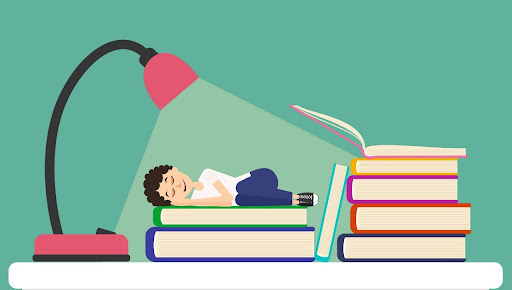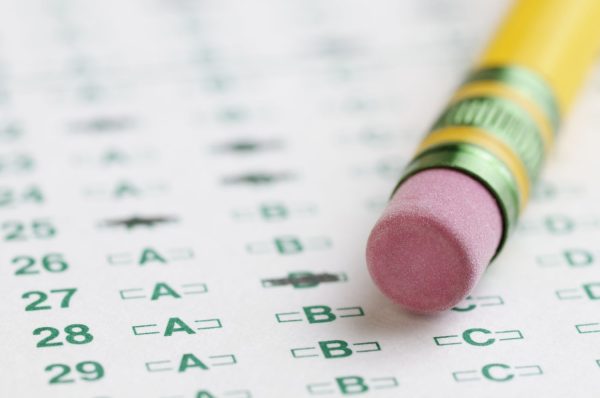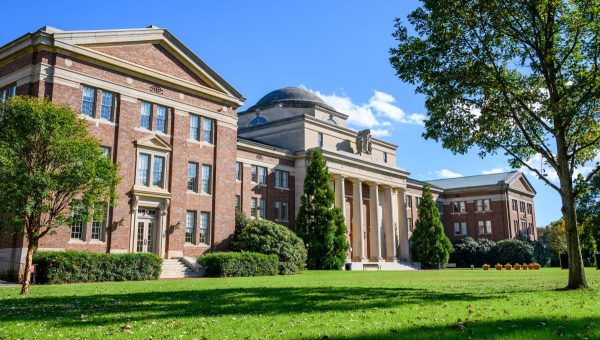How Early Is Too Early?

November 12, 2021
With daylight savings just occurring and students seeing the sunshine through their windows when they wake up for the first time all school year, it begs the question: how early is too early to go to school?
Almond students are at school by 7 am, and many catch busses at 6:30 am. If they leave enough time to get ready or complete any last-minute homework, these teens are waking up as early as 5 am! Students receive an abundance of homework to complete each night, so they are also having to stay up late for school as well as wake up early for school. This leads to sleep deprivation in many students, not even accounting for any sports, clubs, or jobs that might possess their time outside of school and affect their sleep schedule. Having a sleep deficit can lead to many health problems like mood problems, focus problems, and weakened immunity. If a poor sleep schedule persists it can lead to even worse effects like being at risk for diabetes and heart disease. Teenagers are recommended to get around 9 hours of sleep a night, which is nearly impossible for teens having to roll out of bed at 5:30 am.
For these reasons and many others, The American Academy of Pediatrics recommended that schools should start no earlier than 8:30 am. Almond Campus starts at 7:25 am, and Opaline starts at 8:25, rendering both of them against professional recommendations. Later start times would improve sleep quantity and quality, academic performance, and reduce health issues. There would also be an increase in attendance and a decrease in tardies. With this all in mind, should we have later start times?
It seems the question should rather be why are we not doing this already?
School districts have cited logistical reasons for a later start time. In regards to Warren specifically, it would affect two campuses that share busses. Many parents also say it would be difficult due to getting child care and with their individual work start times creating transportation issues. As for students, it would be difficult for after-school activities, and many of them like an earlier release time.
There are valid points from both sides, however, when discussing health concerns for sleep-deprived teens it seems necessary for the conversation to happen. What should we be willing to sacrifice for sleep and health? Should we sacrifice anything at all?














